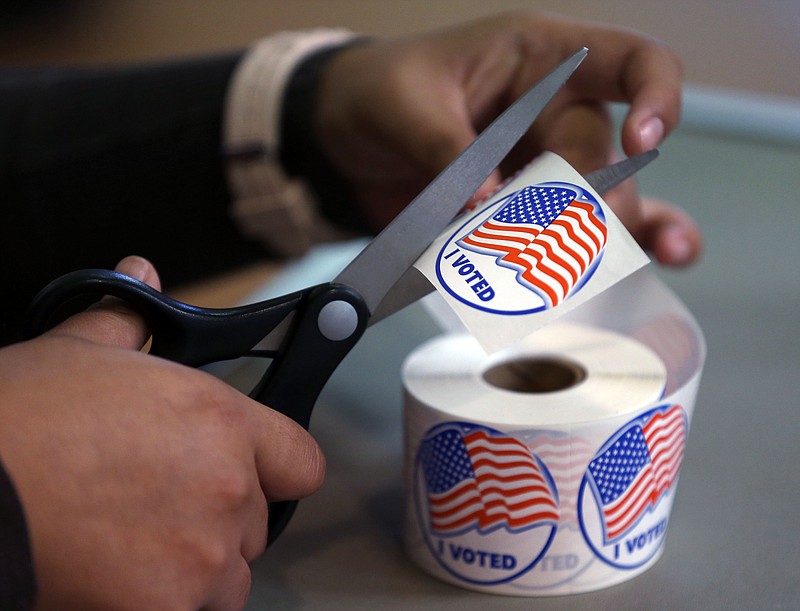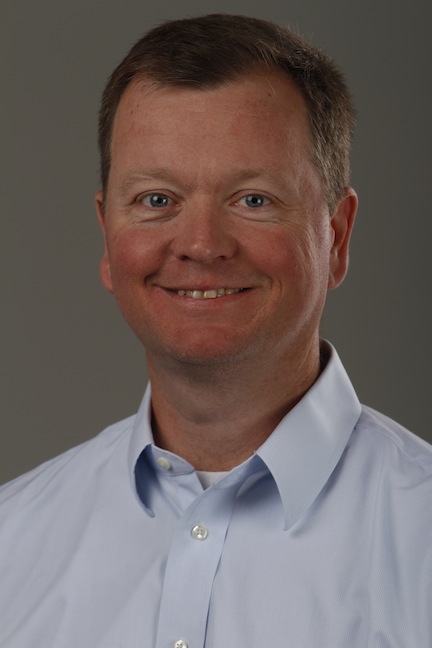As Americans, one goal we should all share is how to make our voting process as easy as possible.
Our democracy depends on broad participation in our elections.
With that thought in mind, it's impossible not to wonder why a majority of our state leaders continue to stonewall efforts to streamline our local and state elections.
Starting a year ago, state Sen. Todd Gardenhire, R-Chattanooga, and state Rep. Cameron Sexton, R-Crossville, tried to convince legislators to combine the municipal elections that occur in odd-number years with county, state and federal elections that roll around in even-numbered years.
Even with the concession to the proposed change only happening in the state's major cities - Nashville, Knoxville, Memphis and yes, Chattanooga - the measure was defeated last year.
It was also pooh-poohed by the TACIR, which either can launch our nukes or review Tennessee government services. (Yes, it's the latter. Relax conspiracy folks, TACIR stands for Tennessee Advisory Council on Intergovernmental Relations.)
But the objections to consolidating our elections sound self-serving. On its face, consolidating elections almost makes too much sense - and cents.
Opponents of the proposal argue that cities and towns should be able to set election times that are focused on local candidates, issues and nonpartisan races.
Those same opponents believe that combining the elections on the partisan ballots of county and state races - from state representatives to governor to the Oval Office - could make it more difficult for local voters to focus on local races and candidates.
Hogwash.
First, there are plenty of nonpartisan races - judges and county-wide school board races come to mind - already on the larger ballot. So the partisan talking point seems like an easy, yet flawed talking point.
As for focusing on the local candidates and issues, well, that's a lame fallback.
TACIR's position, as reported by TFP reporter Andy Sher, was: "Local officials understand the needs of their communities and when elections work best for them, the Tennessee legislature should continue to authorize, rather than require, municipalities with private act or general law charters to change their election date by ordinance to either the August or November general elections in even-numbered years."
I wish I could believe that. My gut tells me local officials are more worried about finding the best way to stay local officials. Seems to me that keeping elections separate helps municipal incumbents enjoy re-election by tiny voter turnout. That doesn't sound democratic to me.
Simply put, consolidating local elections has two undeniable truths: There will be more votes in local elections, and it will be cheaper for local taxpayers.
And regardless of think-tank opinions, it's impossible for me to comprehend how more public involvement at less public expense is a bad thing for the public.
Contact Jay Greeson at jgreeson@timesfreepress.com.

